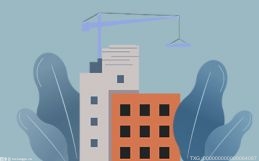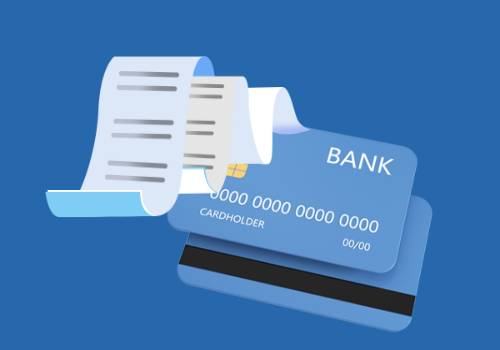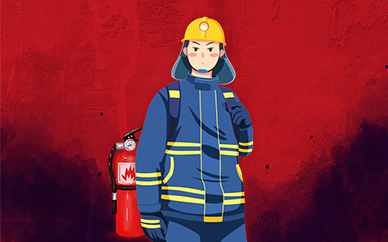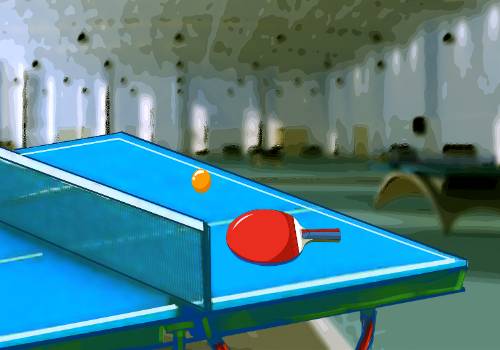一般将来时讲解(英语时态讲解 一般将来时)
一般将来时讲解(英语时态讲解 一般将来时)
 (相关资料图)
(相关资料图)
我们学过一般现在时和现在进行时之后,相信同学们对英语中的“时态”概念,已经有了一定的了解。下面我们学习第三种时态:一般将来时(The Simple Future)。
一般将来时表示将来要发生的动作或将来的情况或状态。通常在句末都有表示将来的时间状语,如:tomorrow(明天), the day after tomorrow (后天), next week (下周),next month(下月), next year(明年), in future(将来), in five minutes(五分钟后)等。
一般将来时的句型结构:
主语 + shall (will) + 动词原形
通常 shall 用于第一人称,will 用于其他人称。但现在很多时候,第一人称也常用 will;只有在征求别人意见或给别人提出建议的一般疑问句中,第一人称才用 shall。
例如:They will go shopping with your friends next Sunday.
下周日他们将和朋友们一起去购物。
We'll have an important meeting at 2:30 this afternoon.
今天下午2点半,我们将参加一个重要会议。
Shall I hand in my homework tomorrow?(征求意见)
我明天交作业,行吗?
肯定回答:Yes, of cause. 或:Sure. / Certainly. / No problem.
当然可以。/(没问题)
否定回答:No, I'm afraid not. 不,恐怕不行。
Shall I buy you a cup of coffee or a bottle of water?(提出建议)
我给你买一杯咖啡?还是一瓶水?
肯定回答:A cup of coffee, please. 请来一杯咖啡吧。
否定回答:No, thanks. 不用了,谢谢。
(1) 一般将来时的肯定句:
主语 + shall / will + 动词原形
例如:We shall / will see them off at the school gate tomorrow.
明天下午我们将在学校门口为他们送行。
We will meet at the airport.
我们将在机场见面。
(2) 一般将来时的否定句:
主语 + shall not / will not + 动词原形
例如:We shall (will) not go to the library tonight.
今晚我们不去图书馆。
(3)一般将来时的一般疑问句:
Shall / Will + 主语 + 动词原形 ?
例如:Shall we go for a holiday next week?
我们下周去度假吗?
Yes, we shall. 是的,我们去。
No, we shall not.(we shan't) 不,我们不去。
Will you stay here for another couple of days?
你要在这儿多待几天吗?
Yes, I will. 是的,我会。
No, I will not (I won't.) 不,我不待了。
Will you be 18 years old next month?
下个月你将18岁了吗?
Yes, I will. 是的,我将是。
No, I won't. 不, 我将不是。
一般将来时的特殊疑问句:在一般疑问句前加 What, When, Where, Who, Why, How 等。
例如:What shall we do for her birthday party?
我们能为她的生日聚会做什么?
When will your father buy you a new bike?
你爸爸何时给你买一辆新自行车?
Where will the foreigners live?
这些外国人将住在哪儿?
Who will be our English teacher next term?
下学期谁将是我们的英语老师?
Why will it be snowy tomorrow?
为什么明天将要下雪?
How will you spend your summer holiday?
你将怎样过暑假?
注意:还有其它几种可以表示将来时的句型:
(1) be going to do :表示主观判断或按照事先计划、安排“将要”或“打算”做的事情,常用于口头表达。
例如:Iam going to askher about it tonight.
今晚我要就此事问问她。
He's going to dohis homework right away.
他马上就做作业。
Look at the clouds in the sky, it's going to beanother storm.
瞧天空中的云, 暴风雨又要来了。
(2)个别动词的 ing 形式:有些瞬间动词,如:come, leave 的 ing 形式(现在分词),也可表示即“将发生的”动作或事情。
例如: Wait a minute, I'mcoming.
等一下,我来了。
The train isleavingin five minutes.
列车五分钟后发车。
注意:此句中的 in 表示“将来”,意思是“...之后”。这是学生容易出错的地方。
(3) be about to do :表示“马上”、“很快”要做的事情。
例如:Iam about to cleanmy room.
我正要打扫房间。
Sheis about to doher homework.
她马上就做作业。
(4) There will be + 名词
There is (are ) going to be + 名词(多用于口语)
表示按照事先计划或安排要“举办”的活动或演出等。
例如:There will bea fashion show in Paris next month.
巴黎在下周将有一场时装秀。
There is going to bea birthday party this weekend.
本周末将有一场生日聚会。
特别提示:在一般将来时中,如果出现复句(由两个或以上的句子组成一个意思完整的句子),则须遵循“主句中的时态用一般将来时,从句中的时态用一般现在时”,即“主将从现”原则。这一语法知识点非常重要,常出现在各类考题中。
例如: I won't go if hedoesn'tcome next week.
如果他下周不来, 我就不去了。
If it's rainy, we won't go fishing tomorrow.
如果下雨,我们明天就不去钓鱼了。





























